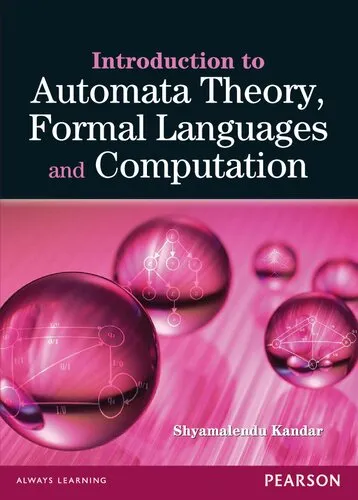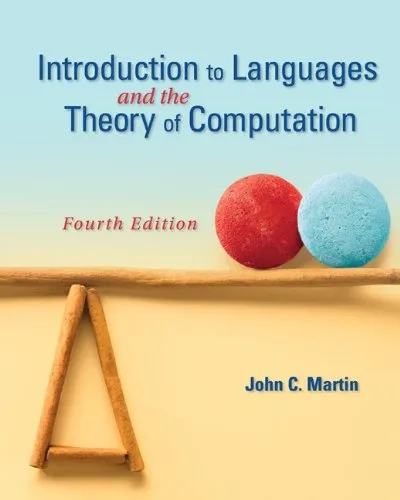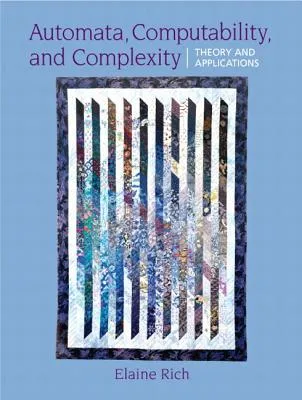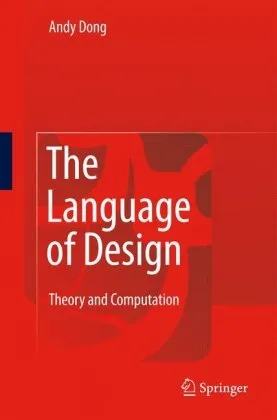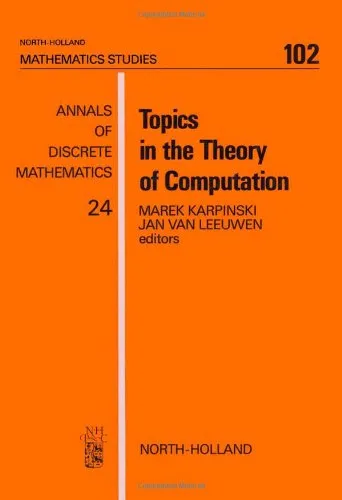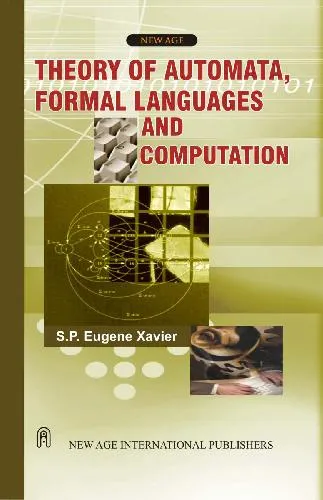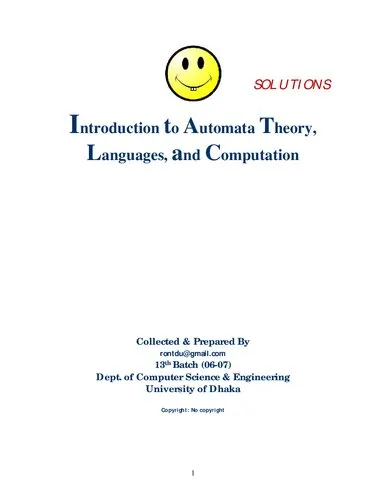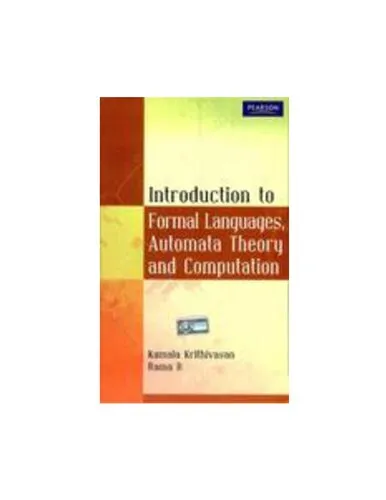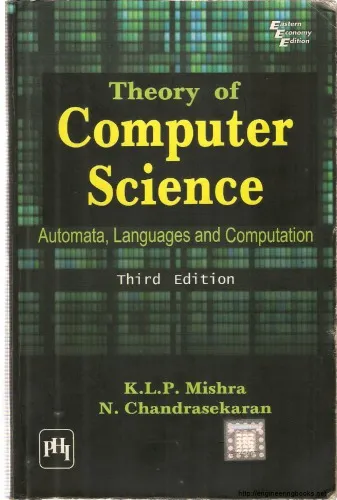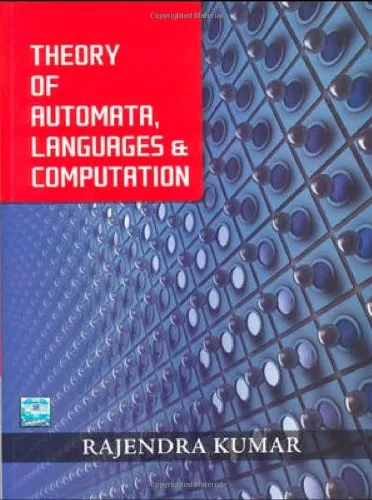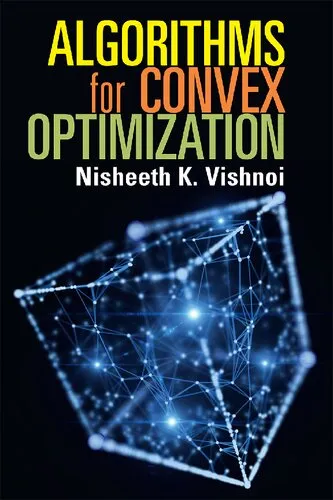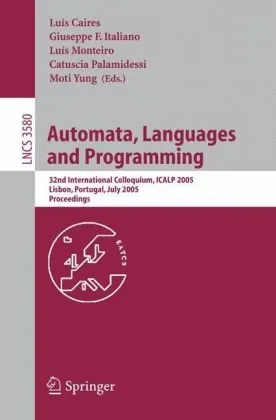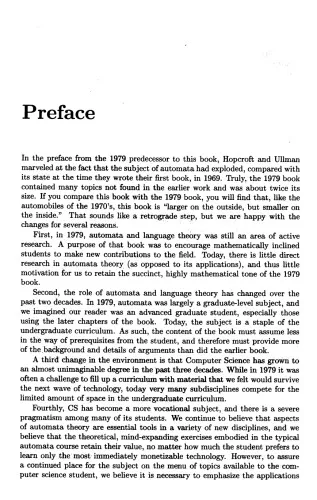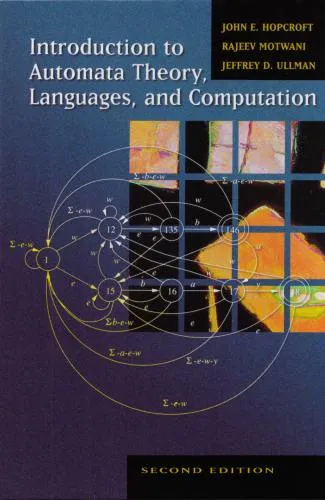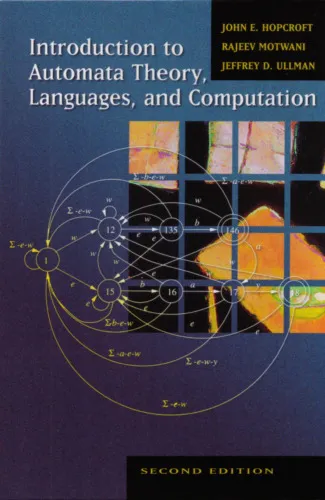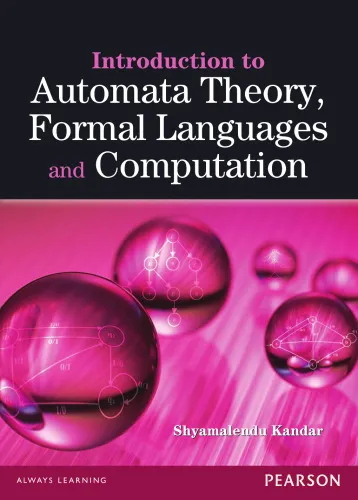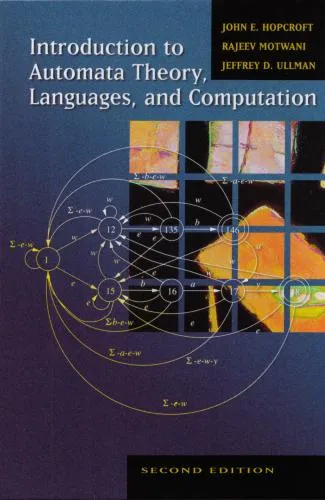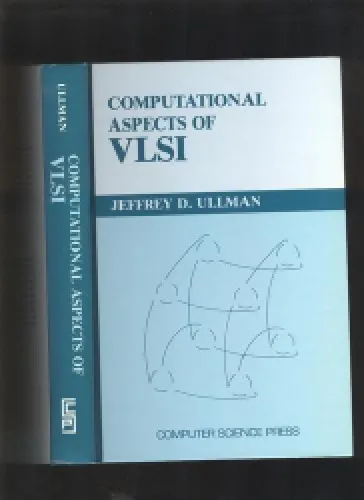Introduction to Automata Theory, Formal Languages and Computation
4.3
Reviews from our users

You Can Ask your questions from this book's AI after Login
Each download or ask from book AI costs 2 points. To earn more free points, please visit the Points Guide Page and complete some valuable actions.Related Refrences:
Introduction to the Book
Welcome to the world of theoretical computer science with "Introduction to Automata Theory, Formal Languages and Computation". This book serves as a comprehensive journey through the core concepts of automata, formal languages, and the computational theories that underpin modern computer science. As the cornerstone for understanding the fundamentals of computer science, this book aims to blend classic theoretical principles with contemporary computational strategies, making it a prefect fit for both academia and industry professionals.
Detailed Summary
In this book, readers will embark on a detailed exploration of automata theory, beginning with the fundamental definitions and progressively advancing towards more complex theories and applications. The book covers several key topics, including finite automata, context-free grammars, Turing machines, and the Chomsky hierarchy that classifies formal languages according to their generative complexity. From deterministic and non-deterministic models to regular expressions and beyond, the comprehensive coverage in each chapter builds a foundation that equips readers with the ability to navigate and utilize complex computational structures and languages.
Each chapter begins with intuitive introductions of concepts, followed by rigorous mathematical formulations, theorems, and practical problem-solving strategies. The inclusion of exercises with detailed solutions promotes a hands-on approach to learning, encouraging curiosity and deeper understanding. This structure ensures that students not only observe how formal languages and automata operate but also manipulate these systems in practical scenarios.
Key Takeaways
- Understanding of various machine models including finite automata, pushdown automata, and Turing machines.
- In-depth study of language classes: regular languages, context-free languages, recursive, and recursively enumerable languages.
- Proficiency in designing computational algorithms and analyzing computational problems for solvability and complexity.
- An appreciation of the significance of the theoretical foundation in practical computing and software development.
Famous Quotes from the Book
"The journey into the depths of computation begins with understanding the limits and capabilities of the simplest of machines."
"Recognizing patterns within languages grants us the power to encode complex ideas in the simplest form."
Why This Book Matters
In the rapidly evolving domain of computer science, understanding the theoretical bedrock is more crucial than ever. "Introduction to Automata Theory, Formal Languages and Computation" imparts vital knowledge and skills that are essential for both theoretical research and practical application development. By navigating students and professionals through the intricate tapestry of automata and formal languages, this book fosters a foundational awareness that is applicable in real-world problem-solving, software design, and innovation in computing.
As computers become more sophisticated, the principles laid out in this book continue to grow in relevance, ensuring that readers are well-prepared to tackle emerging challenges in computational theory and application. Therefore, whether you are a student striving for academic excellence or a professional aiming to sharpen your skills, this book stands as an invaluable resource in your educational and professional journey.
Free Direct Download
You Can Download this book after Login
Accessing books through legal platforms and public libraries not only supports the rights of authors and publishers but also contributes to the sustainability of reading culture. Before downloading, please take a moment to consider these options.
Find this book on other platforms:
WorldCat helps you find books in libraries worldwide.
See ratings, reviews, and discussions on Goodreads.
Find and buy rare or used books on AbeBooks.
1910
بازدید4.3
امتیاز0
نظر98%
رضایتReviews:
4.3
Based on 0 users review
Questions & Answers
Ask questions about this book or help others by answering
No questions yet. Be the first to ask!
